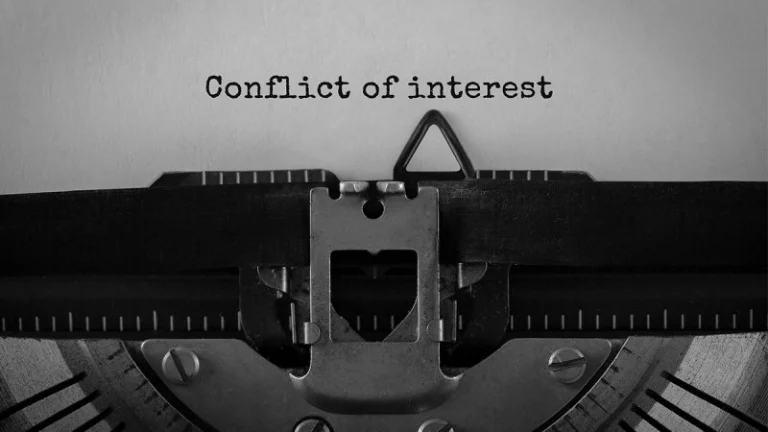
Eight “experts” who worked on the Austrian vaccination strategy against Covid are or were financially linked to the pharmaceutical industry. However, the Ministry of Health is apparently not interested in disclosing these possibly questionable relations. This was revealed by the research of an Austrian weekly magazine.
VIENNA
In cooperation with AUF1, the magazine interviewed 32 experts and officials. Among them were the members of the National Vaccination Board and the associated Safety Board, which is supposed to deal with the side effects. Some identical answers also exactly matched the text from Health Minister Mückstein’s office: “No member of the National Immunisation Panel or Safety Board in the National Immunisation Panel has conflicts of interest that suggest bias.”
The Ministry of Health has refused to disclose the conflicts of interest of its advisors to the population, the parliament and the media.
But Pfizer Austria has been publishing reports on “all monetary benefits to members and institutions of professional circles” since 2016. However, the names of the beneficiaries are only published if they expressly consent to being named which is not exactly conducive to transparency, so more members may be implicated.
Pfizer has now delivered almost twice as many doses of its product to Austria as all other manufacturers of licensed Covid vaccines combined. For the federal government and its experts, it became the preferred Covid vaccine with a monopoly within a few months.
For the year 2020, Pfizer Austria noted the sum of more than 31 million euros donated to health professionals. As a network of journalists found out five years ago, only 20 percent of the money could be clearly allocated at that time. It is therefore not surprising that the population’s trust in the political system is dwindling. This is also shown by a survey conducted in December 2021.
According to the SORA survey, 90 percent of Austrians see corruption in politics
“The trust in the Austrian political system has collapsed very badly,” Günther Ogris from the political and social research institute explained. “We have reached the level of Romania, so really deep in the pits.”
Some 58 percent of respondents think that the system is working less well or not at all. And 90 percent are convinced that Austrian politics has a corruption problem. Considering the pharmaceutical connections of the government’s vaccination advisors to the vaccine manufacturers and the planned compulsory vaccination, Austrians are justified in their assessment.